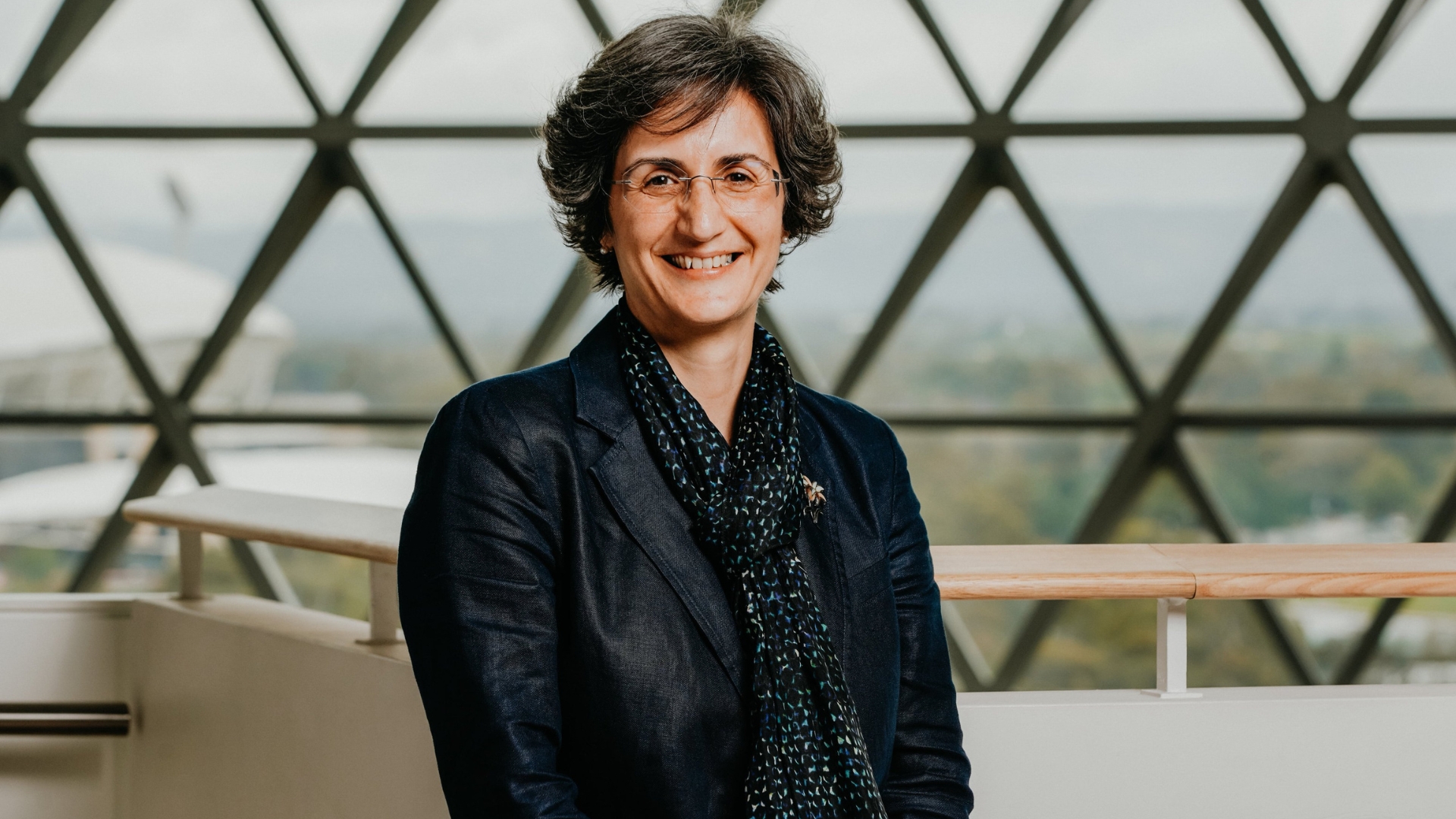On Wednesday, March 27, the National Health and Medical Research Council (NHMRC) honoured the outstanding achievements of Australia’s health and medical research field, at its Research Excellence Awards in Canberra.
In a ceremony attended by the Minister for Health and Aged Care, the Hon Mark Butler MP, 14 top-ranked applicants to each of NHMRC’s major funding schemes were presented with an award, recognising their contributions to health and medical research.
SAHMRI’s Aboriginal Health Equity Co-Lead, Associate Professor Odette Pearson, was awarded the Sandra Eades Investigator Grant Award, for the top-ranked application by an Indigenous researcher in the Emerging Leadership category of the Investigator Grant scheme.
A/Prof Pearson, of Eastern Yalanji and Torres Strait Islander descent, has made significant contributions to the health of Indigenous communities aiming to improve health equity and consequently, achieve good health.

The awards were presented by NHMRC CEO and former SAHMRI Executive Director, Professor Steve Wesselingh.
“To be identified as the top-ranked researcher across each of our competitive grant schemes emphasises the outstanding quality of projects led by the researchers celebrated this evening,” Prof Wesselingh said.
Research Excellence Awards are awarded annually to the top-ranked researchers and teams following peer review of applications to NHMRC’s highly competitive grant schemes. The awards are named in honour of some of the greatest pioneers of Australian health and medical research.
The NHMRC also announced the fifteenth edition of it’s ‘10 of the Best’ series, showcasing the most impactful research projects completed in 2021 that were funded by the NHMRC grant program, and which have significantly contributed to improving human health.
Professor Maria Makrides and Professor Robert Gibson made the list for their project, ‘Food for Future Australians’, based on redefining the nutritional requirements for a range of nutrients, primarily omega-3 fatty acids.

From 2013 to 2019 they conducted large-scale clinical trials with pregnant women, developed new technology to gather and assess blood samples more cheaply and produced findings that have already had a profound impact.
They discovered that low intakes or blood status of omega-3 fatty acids (fish oil) are associated with increased risk of preterm birth and that low-cost supplements lower this risk. They also proved that babies who are born very premature, who are given omega-3 fatty acids, will experience better cognitive function. Prior to this project, the role of nutrition in preventing preterm birth and in brain development after birth wasn’t clearly established.
“We’ve demonstrated that by five years of age, supplements will have improved their IQ and recovered about 30% of what they’ve lost by being born very preterm,” Prof Gibson said.
“The realisation that you’ve found clear evidence, when you see it for the first time, it literally causes the hairs on the back of your neck to stand up. Honestly, it’s the most incredible feeling.”

